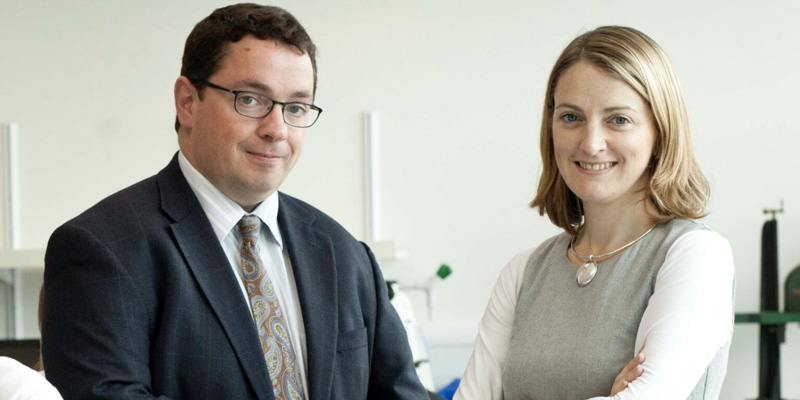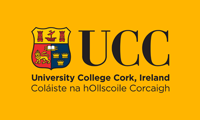News
APC & UCC Agree Research Partnership With King’s College London

Profs Yvonne Nolan And John Cryan To Commence €1.2 Million Irish UK Research Study To Examine Middle Age Health
There has been increasing emphasis on the role of lifestyle factors in healthy aging. Now APC Microbiome Ireland, the SFI Research Centre at University College Cork (UCC) together with King’s College London have been awarded research funding to investigate how exercise impacts gut microbiota and brain health in middle age.
The Reta Lila Weston Trust as part of their Brain Health and Microbiome programme awarded a €1.2 million collaboration project studying the role of gut-microbiota in exercise-induced changes in cognitive function in middle age to Prof. Yvonne Nolan and Prof John Cryan at UCC in collaboration with Prof. Sandrine Thuret and Dr. Brendon Stubbs at King’s College London. This project seeks to provide new knowledge about the relationship between the brain, the gut microbiota and exercise by identifying a gut-to-brain pathway, which may offer individualised therapy for changes in memory and mood as we age.
Middle-age is an understudied time window across the lifecourse. Yet it is a critical time for changes in memory performance and precedes the very early stage of Alzheimer’s disease and is also associated with weight gain, a decline in metabolism and physical fitness. The gut microbiota, or the trillions of microorganisms that live in the gut, are very responsive to changes in lifestyle influences such as exercise. Moreover, recent exciting evidence from APC Microbiome Ireland shows that the microbiome may be a suitable target to promote healthy ageing.
Major gap in knowledge
The identification of the mechanisms underlying memory changes in middle-age, and how lifestyle factors such as exercise influence these changes would bridge a major gap in knowledge for the field. This project aims to understand how the gut microbiome responds to exercise during middle-age. Moreover, the key biological factors that are identified could be predictors of memory-decline that are modifiable by exercise during middle-age.
Commenting on the collaboration Profs Yvonne Nolan & John Cryan at APC Microbiome Ireland in UCC emphasised that ‘middle age is a transitioning time, thus it is sensitive to lifestyle habits such as exercise, which can determine how we “brain age” in later life.
Prof Nolan commented that “the gut microbiota is particularly responsive to lifestyle influences and so our research will delve into how it regulates the interaction between exercise and the brain to control the ageing process.’
“Recent provocative work from APC Microbiome Ireland has emphasised the role of the gut microbiome in driving ageing processes in the brain and the current funding will dig deeper into the exact mechanisms and how exercise may attenuate them” Prof Cryan said.
“We have known in rodent models that exercise increases the production of new neurons and demonstrated in humans that exercise slows down cognitive ageing, while the gut microbiota can also be affected. With this project we want to put the puzzle together at the cellular and molecular level” stated King’s College London’s Professor Sandrine Thuret, the Project Lead of the study.


